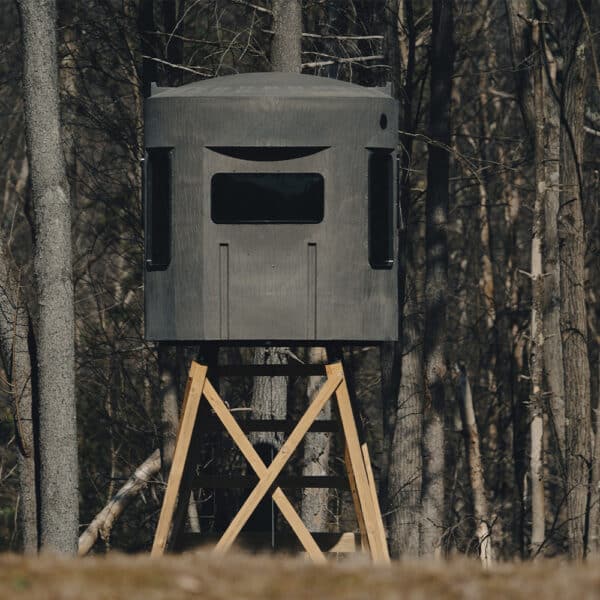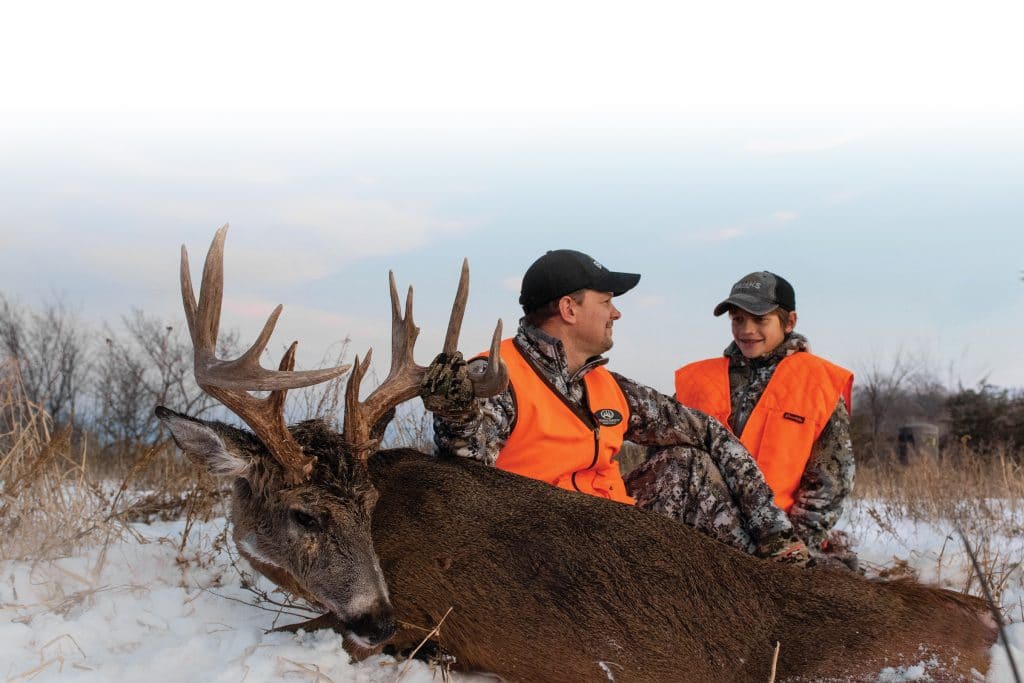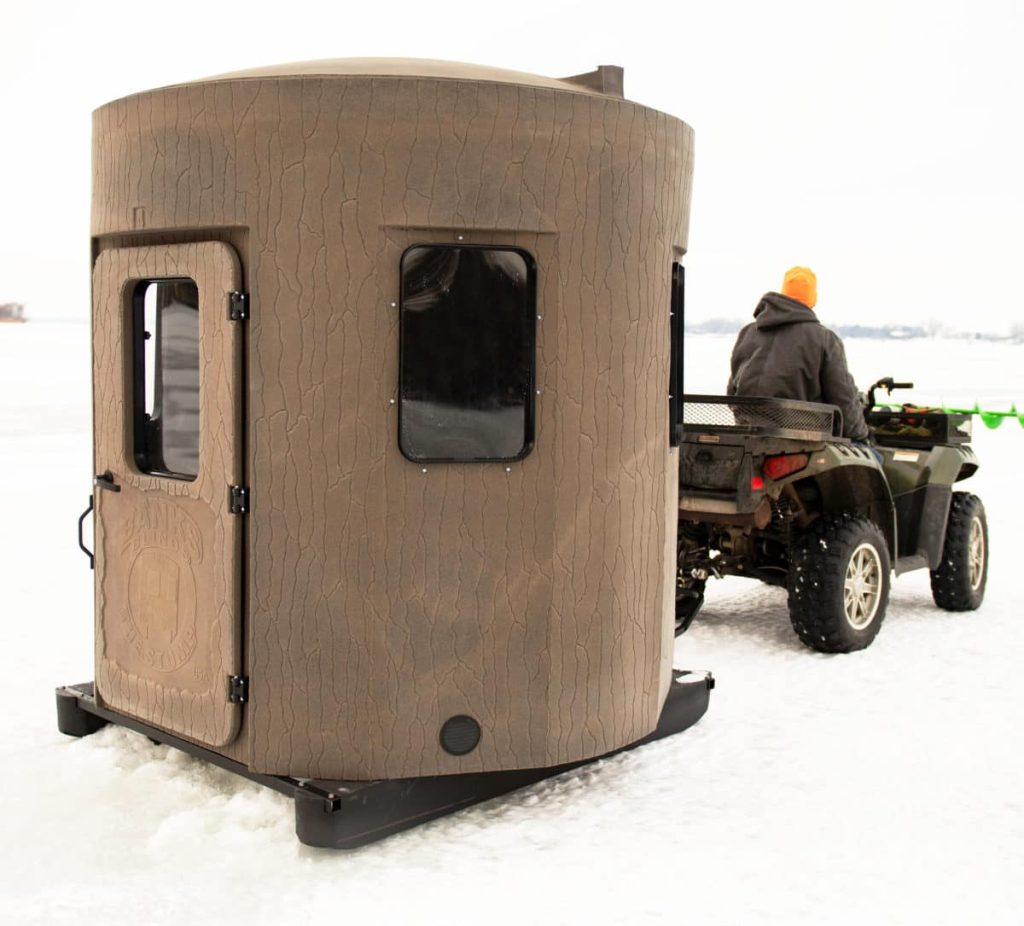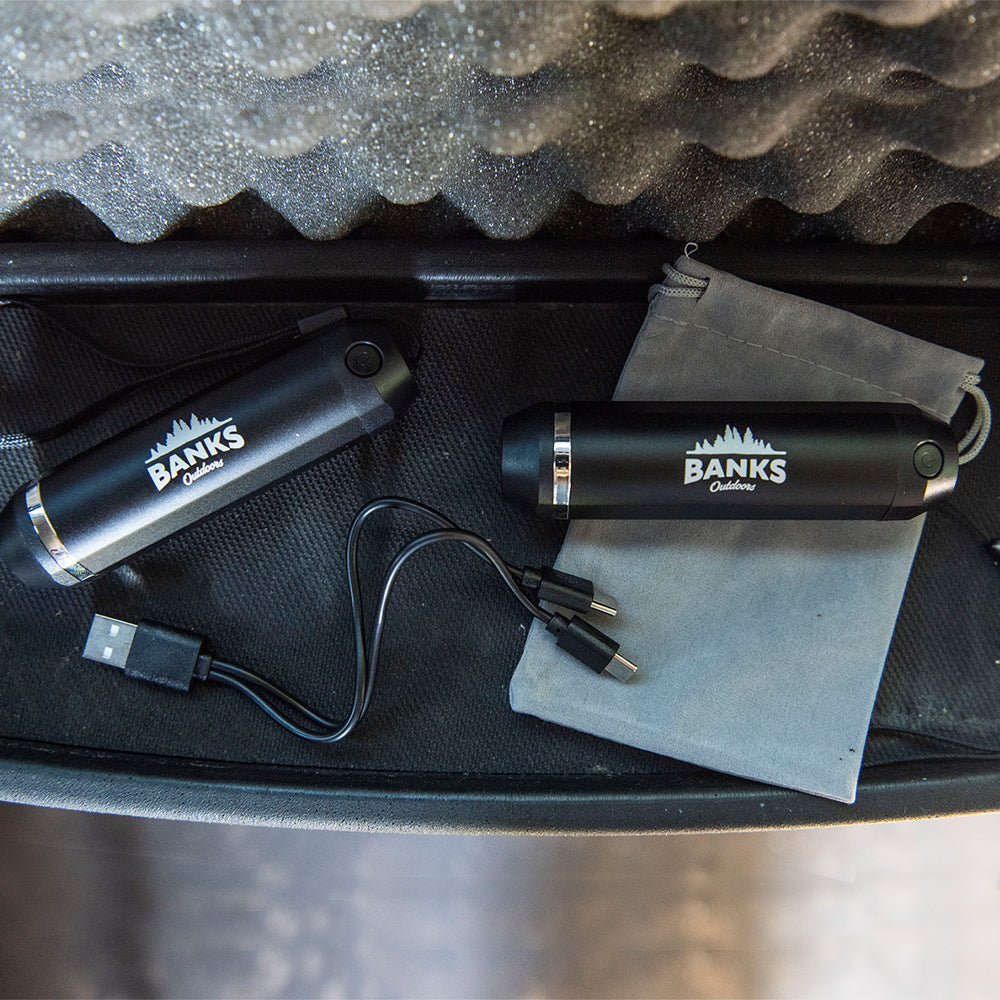Deer have a sense of smell that’s anywhere from 500 to 1,000 times stronger than a human’s. This allows them to detect a human in the area up to half a mile away in prime conditions. So, you’ll be found out immediately if you don’t take the proper precautions. Those precautions extend beyond the active hunt and start before the season even opens. Here’s what you can do now to make sure you’re minimizing human impact on your hunting property before opening day.
A Deer’s Sense of Smell
A deer’s sense of smell is enhanced by the 300 million olfactory receptors in their noses. To put that in context, we only have five million. They also have something called the Jacobson’s organ located in the roof of their mouth that connects to their sinuses and is yet another scent-enhancer. That is why you’ll see deer lift their heads and open their mouths when they’re assessing the area. They’re essentially “tasting” the air and checking for threats.
In addition to the sheer amount, there are different clusters of cells that can identify different scents. “Once that odor hits those receptor cells, it triggers an area of the deer's brain,” Dr. Dave Samuel said in an article on Grand View Outdoors. “For example, when a deer smells an acorn, that activates the acorn nerve cells in the nose and that then sends a message to a part of the brain which leads to a pattern of behavior. Therein lies the key to how deer get you. If a young deer has a bad experience with a dog, a pattern of behavior is created in that deer's brain. The next time the deer smells a dog, the deer flees. But if this deer grows up in a park where there is no hunting, and people walk their dogs on a leash all the time, then a dog's odor probably won't trigger that same negative response.” The same goes for human interaction. If you leave your scent and then hunt from that same area, the deer herd will eventually begin to associate the area and smell of humans with danger and they’ll stop passing through.
Visiting Your Stump Blind
Make sure you’re using scent-eliminating products to mask your scent whenever you visit your Stump blind. Even if you’re going to the blind to drop off a new light or accessory, spray yourself before you go. The scent you leave behind as you walk to and from the blind could alert deer that your travel path is used by humans and keep deer from passing through that area. You especially don’t want to leave a scent on or around your blind. You want your blind to blend into the landscape as seamlessly as possible, which is achievable thanks to the neutral color and tree stump design. Our doors and windows seal tightly, so your scent will be concealed when you’re inside the blind.
Trail Cameras
You should also spray yourself with scent-eliminating spray when you go to check your trail cameras. As it gets closer to opening day, you’ll be eager to check your trail cameras more often to get as much up-to-date information as you can before the season opens. The reconnaissance work is important, but it’s also important to keep your scent masked as you do so.
The season opens in Minnesota on Sept. 13, so it’s crunch time when it comes to opening day prep. Keep yourself sprayed down when you’re setting up your Stump blind or checking your trail cameras. If you keep your footprint, both literally and figuratively, to a minimum, you can go into opening day of deer season with a fresh start and a good chance of bagging a buck.
How do you minimize human contact on your hunting property before the season starts? Let us know in the comments below!






Are You Ready for Hunting Season? Your August Prep Checklist
Prepping Your Gear Now for a Smooth Opening Day Hunt